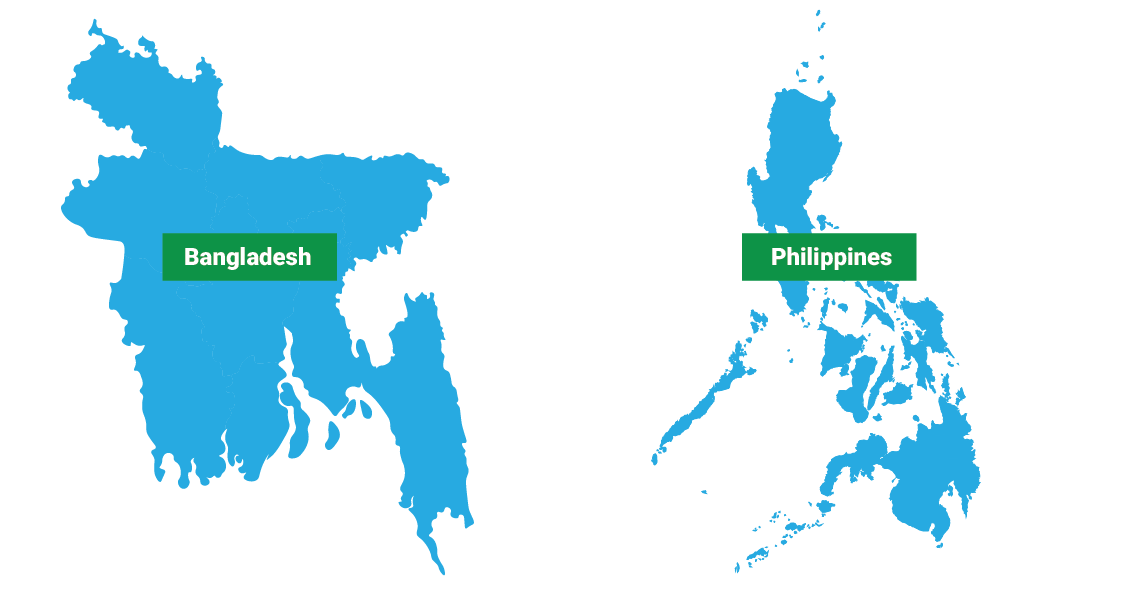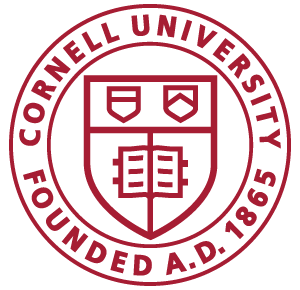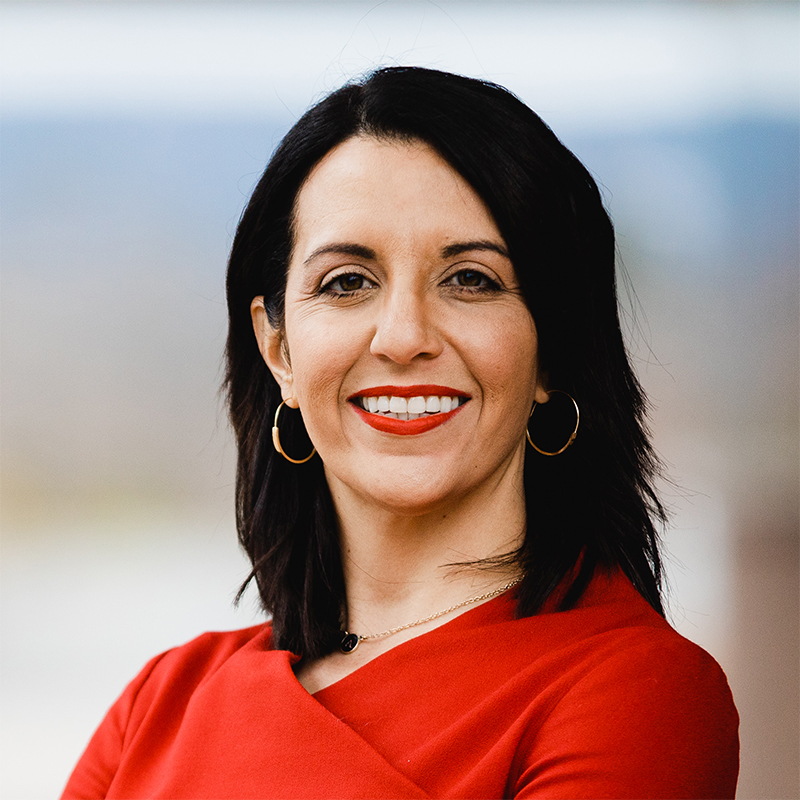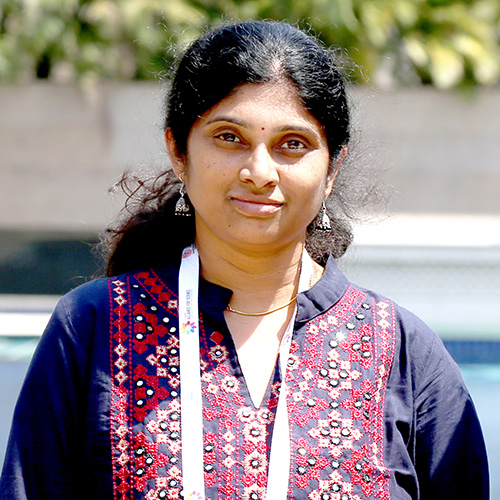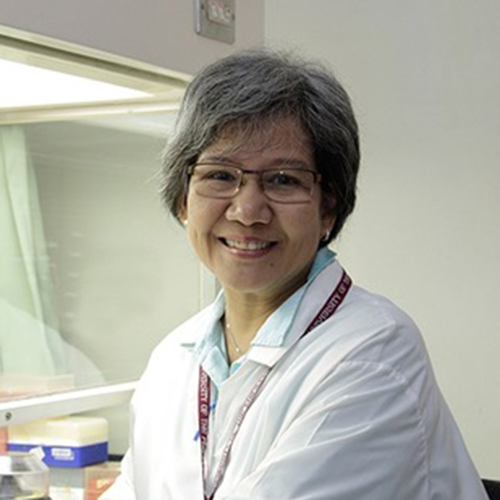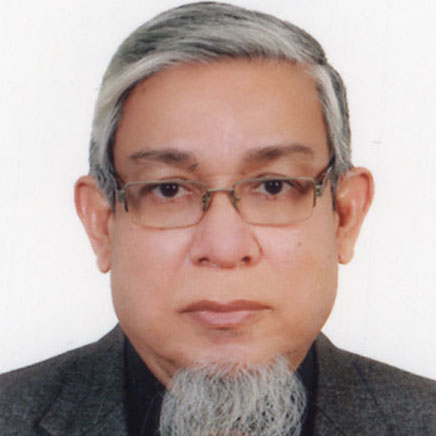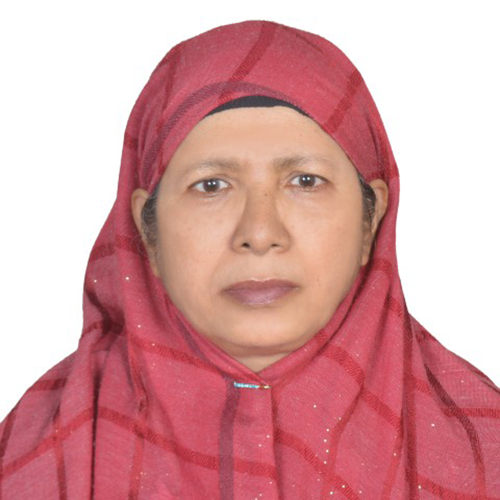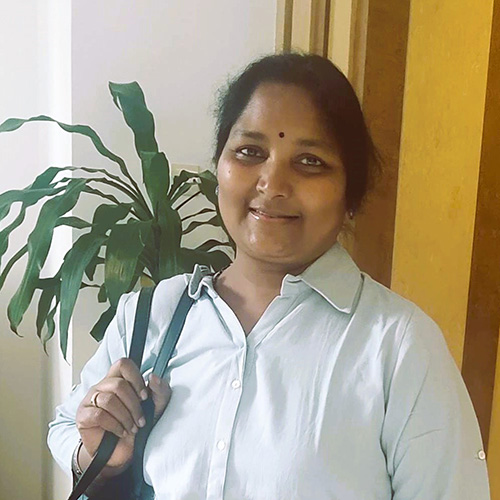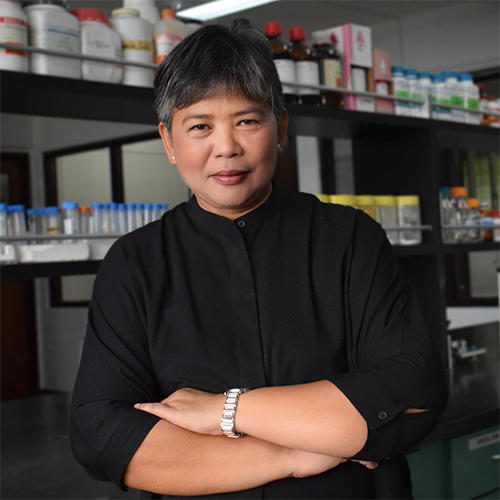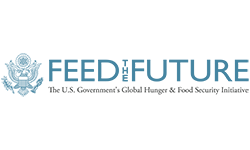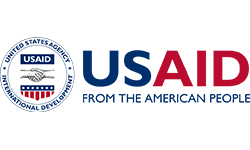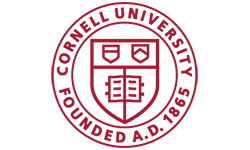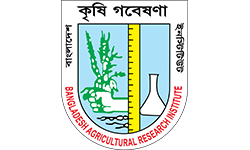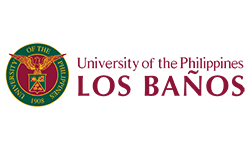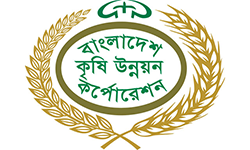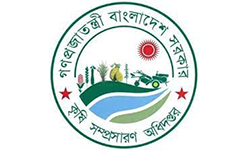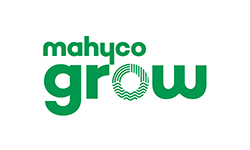Transforming Lives in South Asia
Working in both Bangladesh and the Philippines, the project takes up the complex challenge of science and policy. We empower scientists in Bangladesh and the Philippines to develop new, locally adapted varieties of eggplant while engaging with policymakers on clear regulatory pathways for variety release. At Cornell, we combine expertise in agricultural and social sciences to achieve equitable socioeconomic results.

“Crop pests and pathogens are a threat to food security and the environmental sustainability of food systems globally. Sustainable agricultural practices are essential to food production, and scientists and local regulatory agencies must work in tandem to produce food crops that are better and safer for the environment and people.”
Maricelis Acevedo, Project Director
Objectives
The Insect-Resistant Eggplant Partnership aims to accelerate benefits to farmers while strengthening seed systems, enhancing adoption of stewardship practices, and increasing stakeholder knowledge of bioengineered crops.
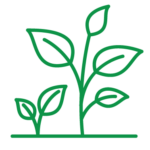
Scale up
Scale-up Bt eggplant adoption in Bangladesh through development and multiplication of agronomically superior Bt eggplant varieties carrying cry1Ac, improved wilt resistance, and wider adaptation to agroecological zones.

Develop
Develop next-generation (two-gene) Bt eggplant hybrids.
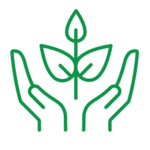
Enhance
Focus on enhancing stewardship, outreach, education, and policy advocacy to safeguard Bt technology usefulness in Bangladesh.
Our Team
History
The work builds off the success of the Agricultural Biotechnology Support Project II (ABSP II), a consortium of public and private institutions in Asia and Africa, and the Feed the Future South Asia Eggplant Partnership led by Cornell.
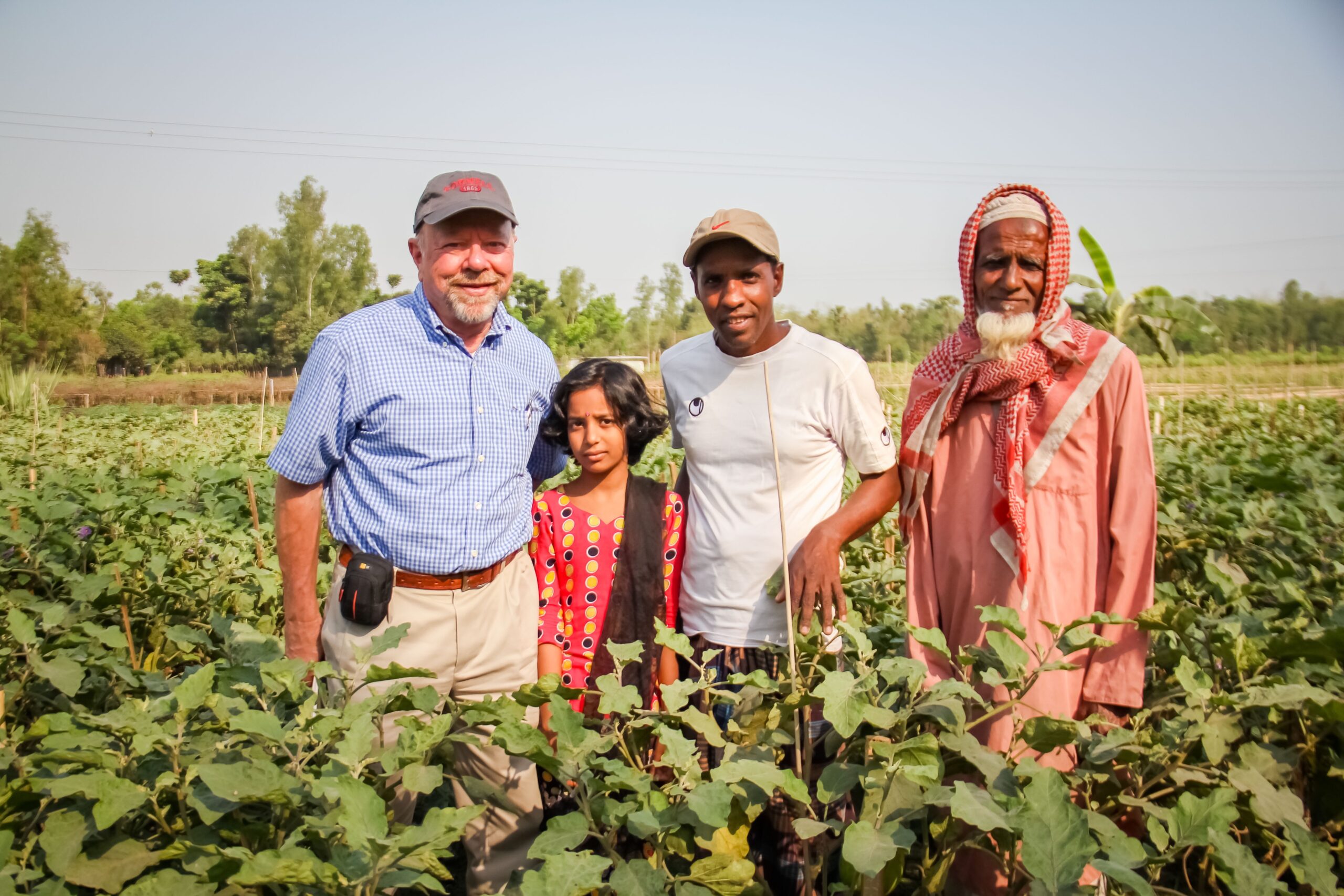
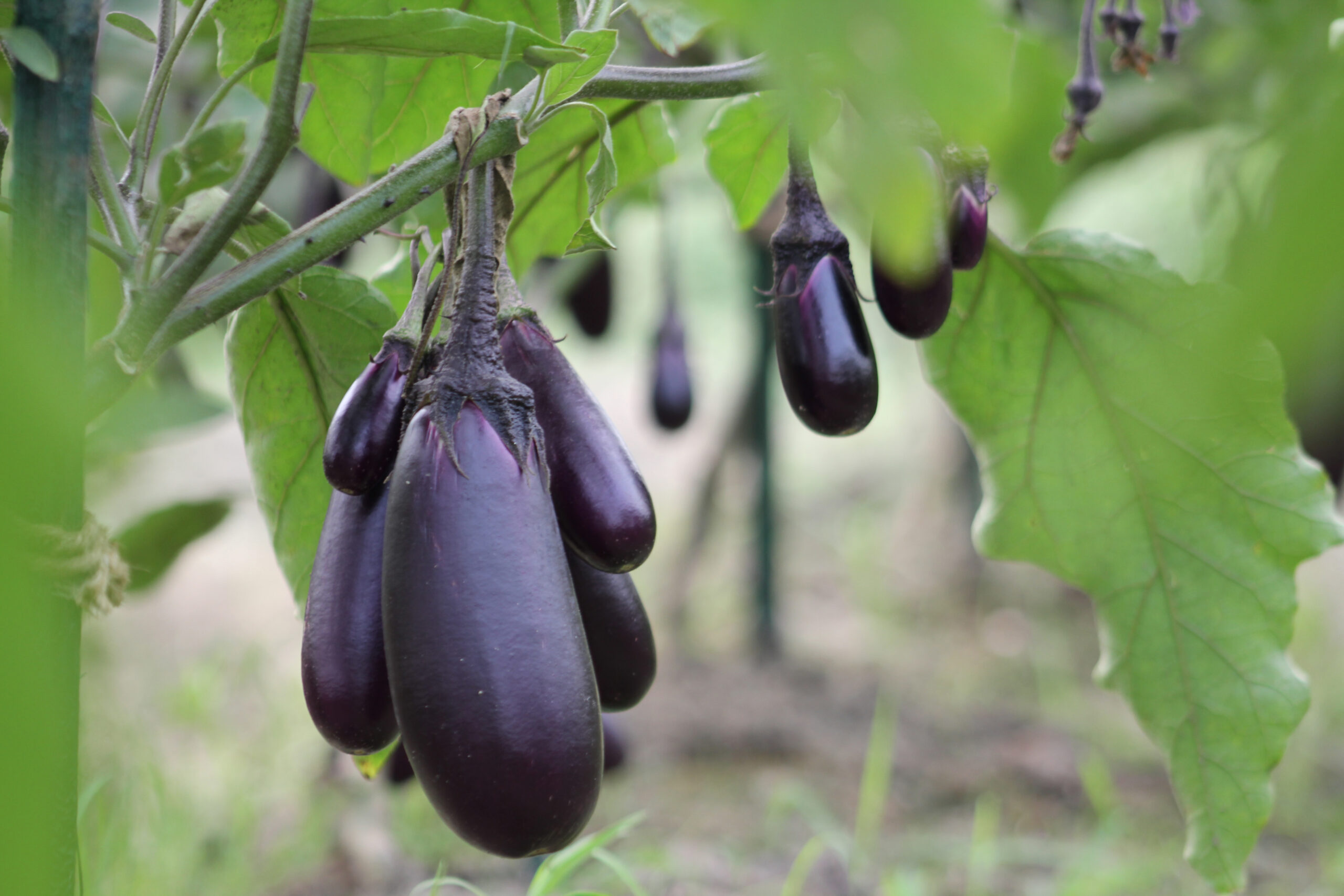
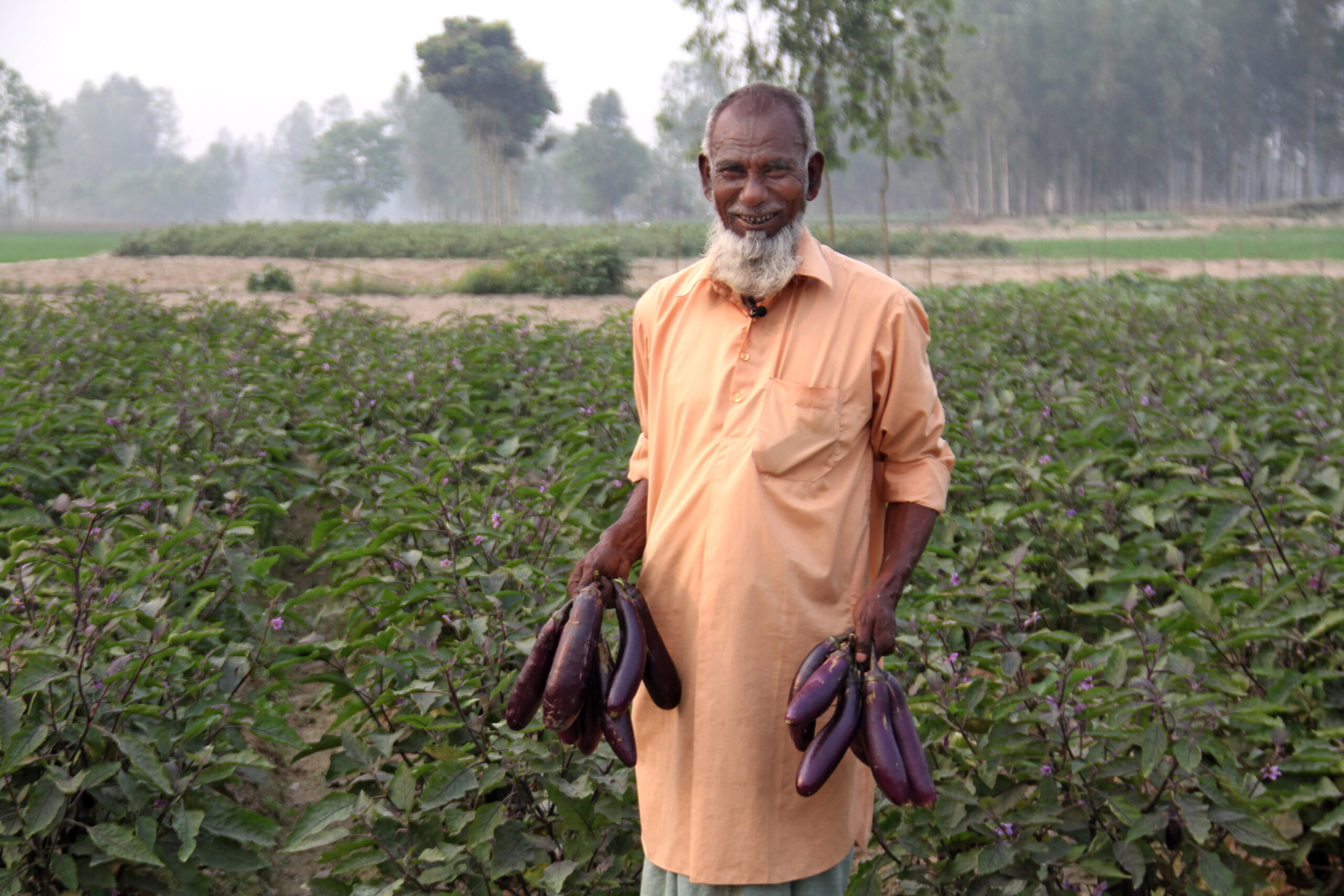
ABSP II (2009-2015) focused on safe and effective development and commercialization of bio-engineered crops as a complement to conventional agricultural approaches to help alleviate poverty, reduce hunger and boost food security, economic growth, environmental quality and nutrition in the partner developing nations. Over the project period, the consortium successfully developed fruit and shoot borer resistant (FSBR) eggplant for Bangladesh and the Philippines.
In 2013, Bangladesh commercialized Bt eggplant, and in February 2014 four varieties of Bt eggplant were released to 20 farmers in Bangladesh. By 2015 there were 108 demonstration plots, and the by the following year there more than 250 plots. Studies during this time by BARI reported a noticeable decrease in fruit and shoot borer infestation, increased yields, decreased use of pesticide and improved income for farmers.
The Feed the Future South Asia Eggplant Partnership (2015-2021) facilitated the late-stage development, deregulation, commercialization and dissemination of Bt eggplant in Bangladesh and Philippines. The project integrated all elements of the commercialization process — including technology development, regulation, marketing, seed distribution, and product stewardship — and provided strong platforms for policy development, capacity building, gender equality, outreach and communication.
Our Locations
